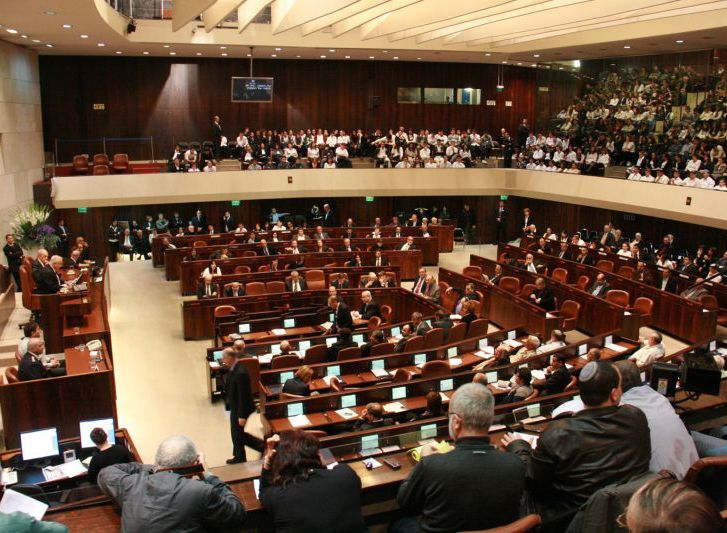Israeli Supreme Court Defers Decision in Absentee Property Cases in East Jerusalem
Today, 10 September 2013, a seven-justice panel of the Israeli Supreme Court, headed by Chief Justice Asher Gronis, held a hearing on the issue of the applicability of the Absentee Property Law – 1950 in East Jerusalem. Adalah appeared in this case as an amicus curiae for the purpose of legal argument.
At the end of the hearing, the Court requested that the lawyers for the appellants and Adalah provide additional arguments on the following question: If the Court rules that the application of the Absentee Property Law is unlawful in East Jerusalem, should this decision also be applied retroactively or only prospectively?
During the session, the Court heard principle arguments against the law. Adalah Attorney Suhad Bishara and Attorney Avigdor Feldman raised the problematic implications associated with the application of the law in occupied East Jerusalem. Additionally, the attorneys argued that applying the law to the occupied territory violates International Humanitarian Law (IHL), and emphasized its problematic implications. While the Israeli domestic law was legislated in the political context of 1950, it was then applied to the new situation following the occupation in 1967 with regards to properties belonging to Palestinian residents of the West Bank, who are protected civilians under international law.
In addition, the attorneys argued that the state does not apply the Absentee Property Law to the properties of settlers in the West Bank, and thus, its exclusive application to the properties of Palestinians constitutes unlawful discrimination.
Prior to the hearing, Adalah requested permission to join the case as an amicus curiae. In an opinion presented to the Court, Adalah argued that the opinion of Attorney General Weinstein to apply the Absentee Property Law to East Jeruslem changes the existing decades-long status quo that has been supported by successive attorney generals since 1967, whereupon the law does not apply to the East Jerusalem properties of Palestinian residents of the West Bank.
Read more about the case and Adalah's involvement
See the Amicus Opinion filed by Adalah to the Supreme Court (English)

















